I appreciate winter has passed, and everyone is looking towards the summer sun, particularly as Easter and the recent bank holiday has been so warm, but in this blog we really wanted to take a step back and discuss your winter skin. For some winter is a daunting time, and we think now would be a good time to discuss some of the issues many people experience over winter so those who do can prepare.
One of the biggest issues to our skin is the heating that we’re all quick to crank up when feeling cold. Now we’re not saying don’t, as heating is important to our wellbeing and survival, but realise that you may start to experience dryness, or your skin may be feeling a little more sensitive than normal. This is because the central heating makes the atmosphere super dry, and we get a higher level of trans epidermal water loss than normal. Team this with walking out of our front door into the cold temperatures plays absolute havoc with our skin and barrier.
As it’s unrealistic to tell you to turn off the heating during those cold winter months, we advise trying to keep it a low as possible, which will help. If you are like us and like to feel quite Mediterranean, investing in a humidifier for the room you’re in, which is great for helping with hydration levels within the skin.
Also look for products containing those barrier lipids to reinforce the protective barrier reducing the risk of trans epidermal water loss. So, look for ceramides, cholesterol, and omegas. The Byonik Seal product is amazing for this, full of ceramides it helps to lock in that hydration, and is suitable to reapply throughout the day, even over makeup!
If you skin is feeling more dry than normal it might also be worth dropping back on the actives such as retinol, vitamin C and AHA’s. These are what we call the spicy actives that can be very stimulating and skin that is experiencing dryness may not be as tolerant to these.
As always this is general advice and it’s always advised to get recommendations tailored to your skin, but these steps should help if you have experienced ‘winter skin’ and want to avoid it this Christmas.
At Re-Skin Clinic, we’re always here to support you on your skin journey. It’s never too early to ask questions and get prepared, and your skin care consultant will be there to get you on the right path.
Please reach out to us anything for support, guidance or to book a consultation.

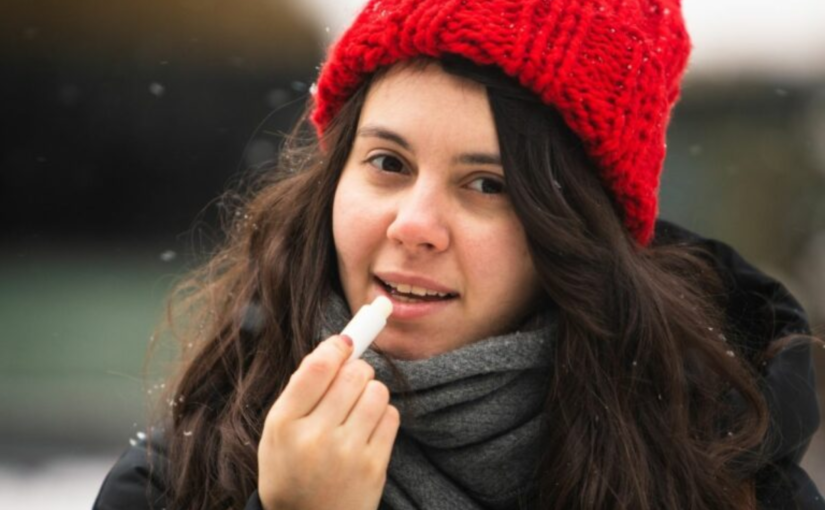
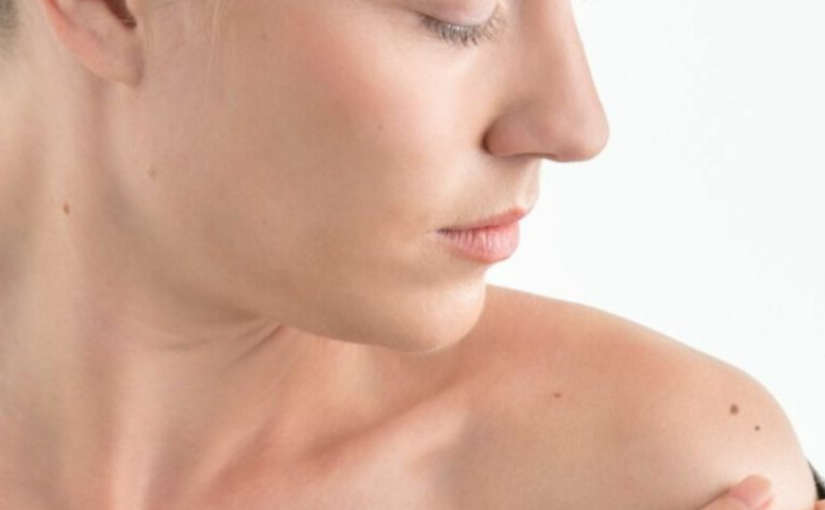
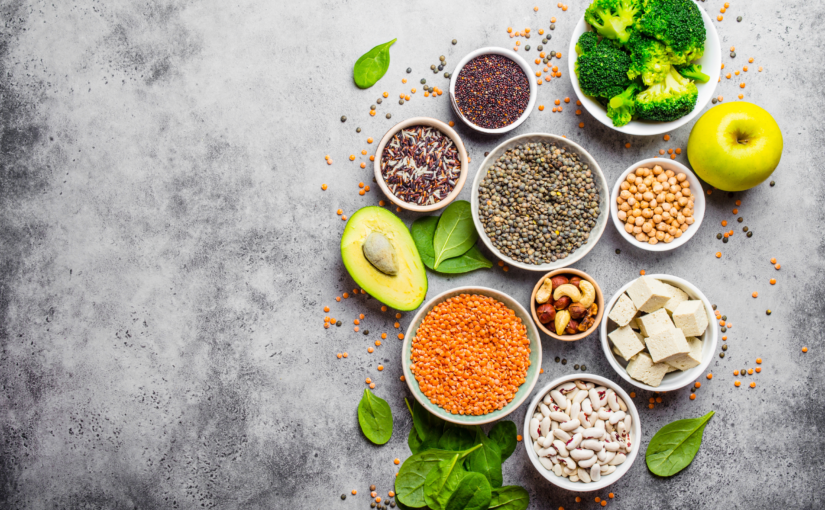
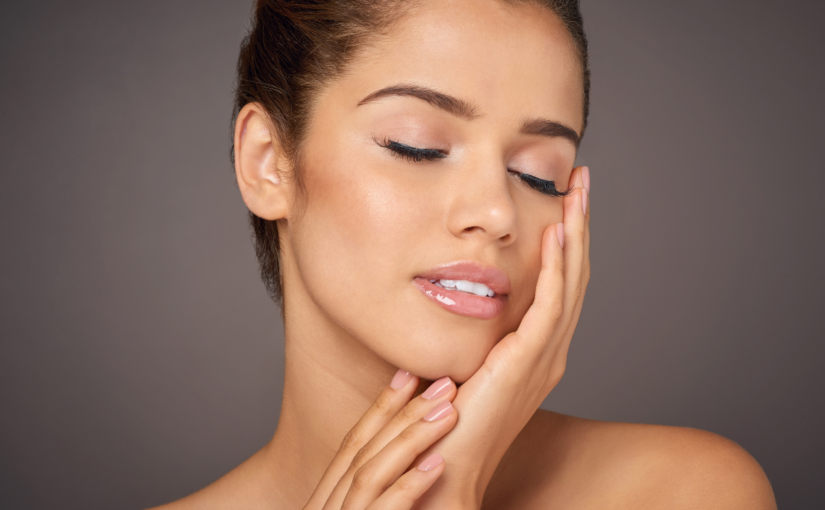
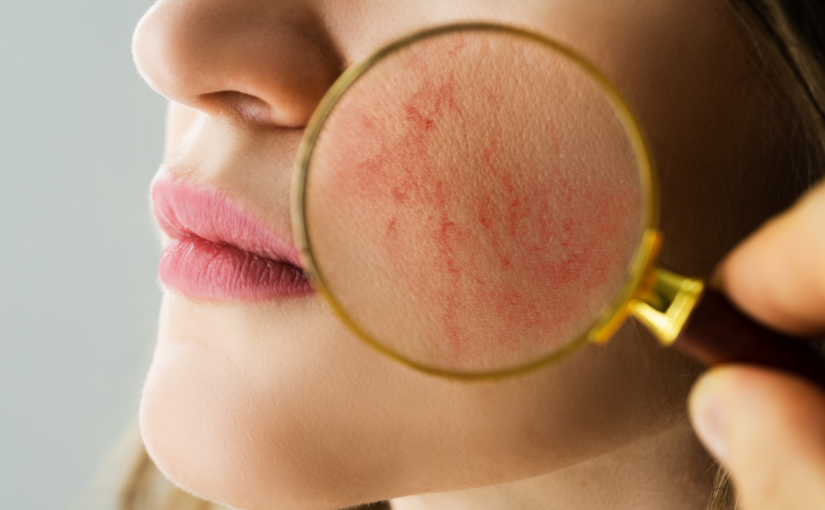
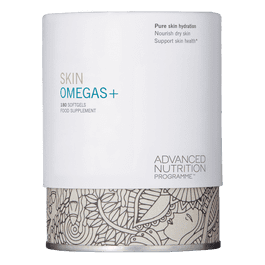 Skin Omegas
Skin Omegas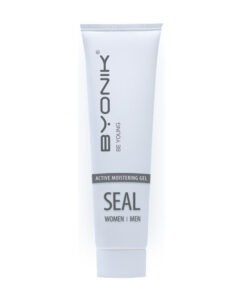 Byonik Supreme Seal
Byonik Supreme Seal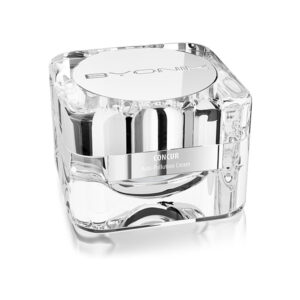 Byonik Concur Cream
Byonik Concur Cream